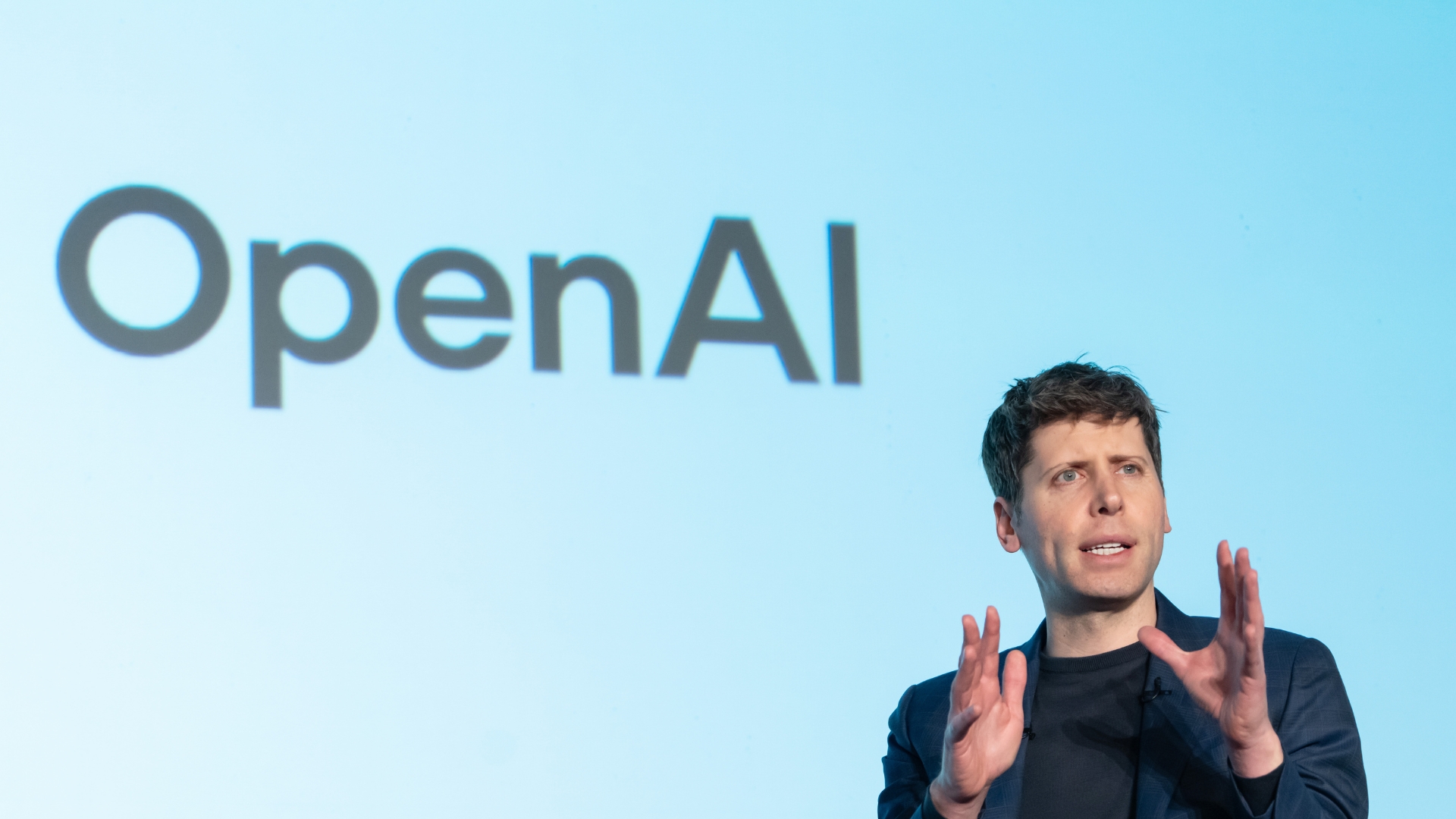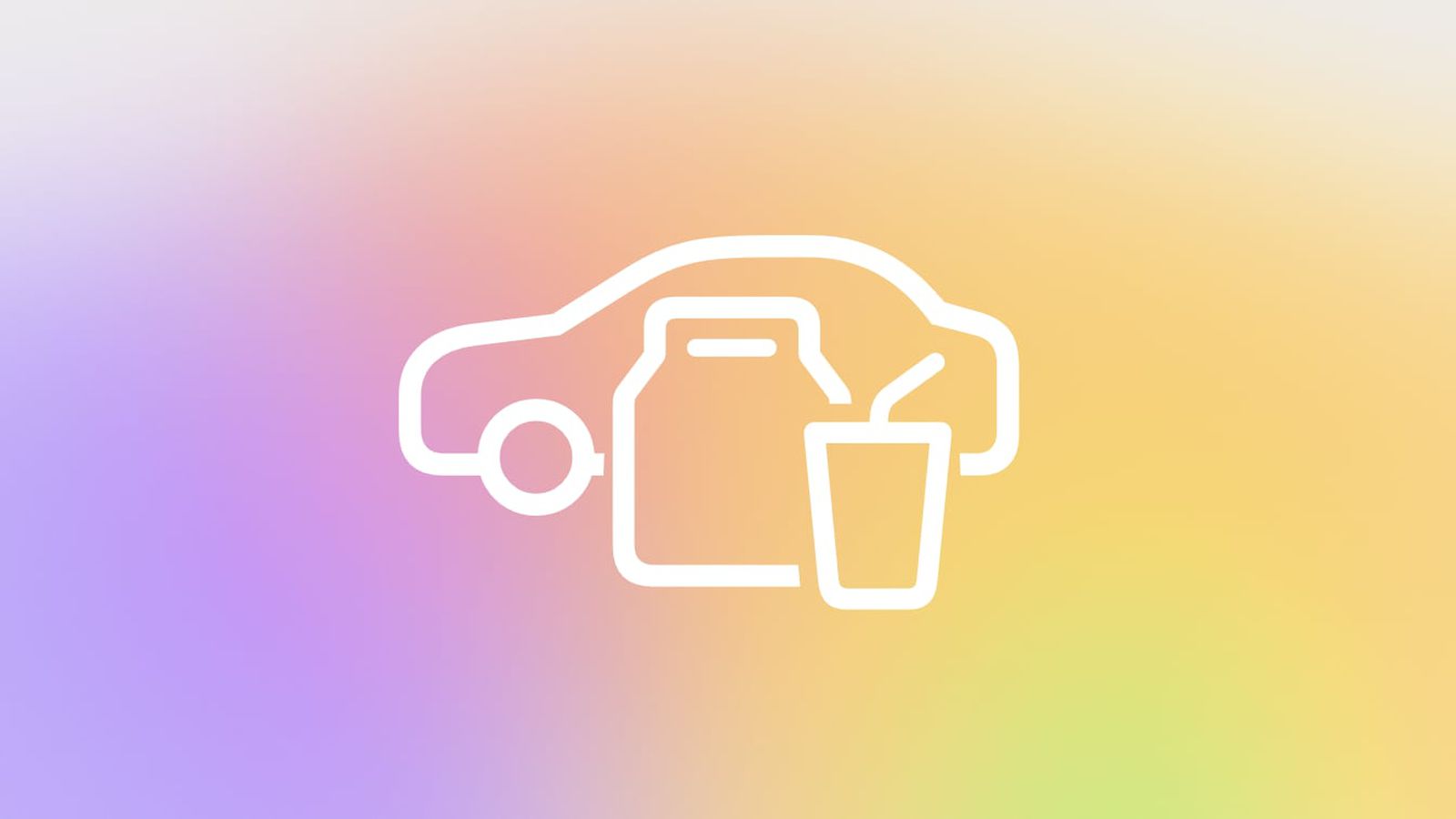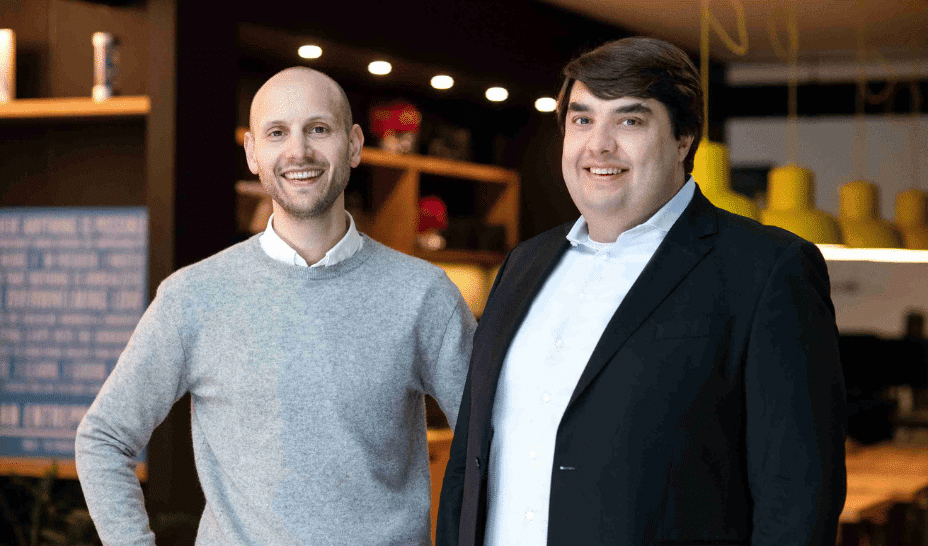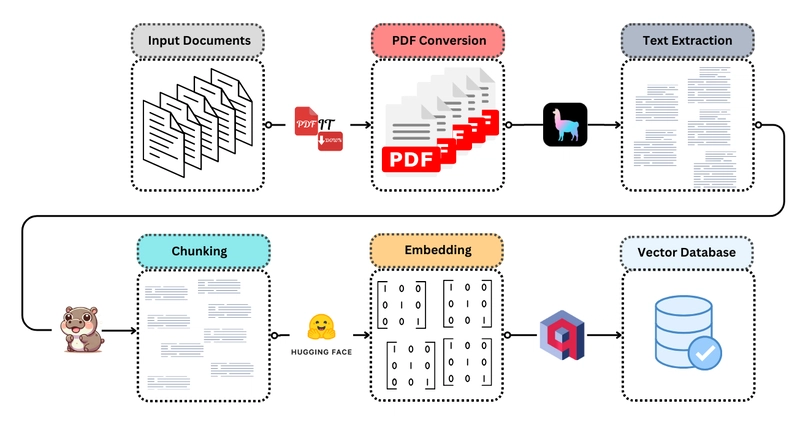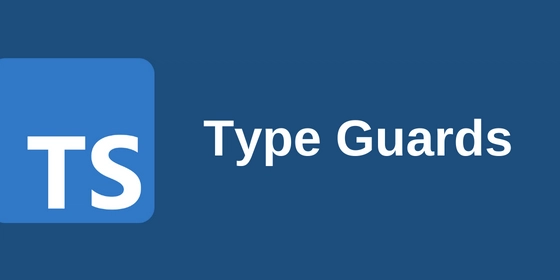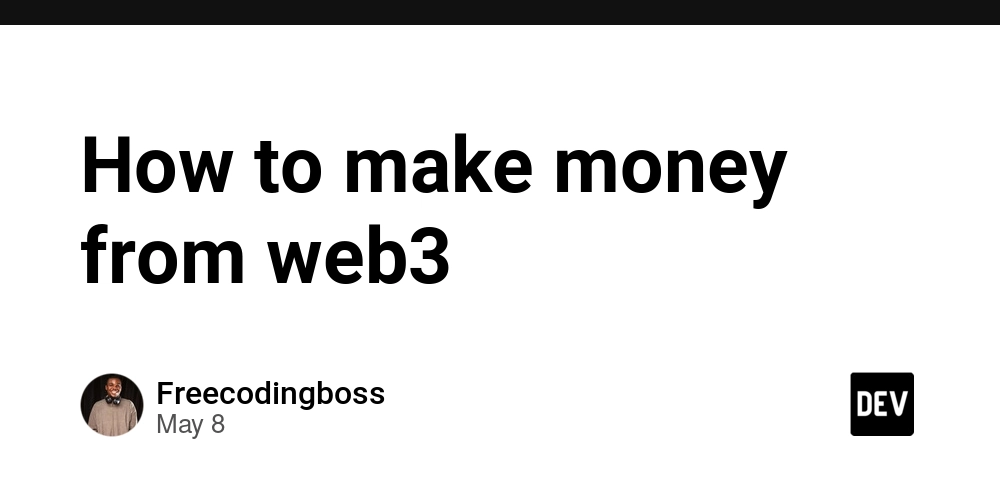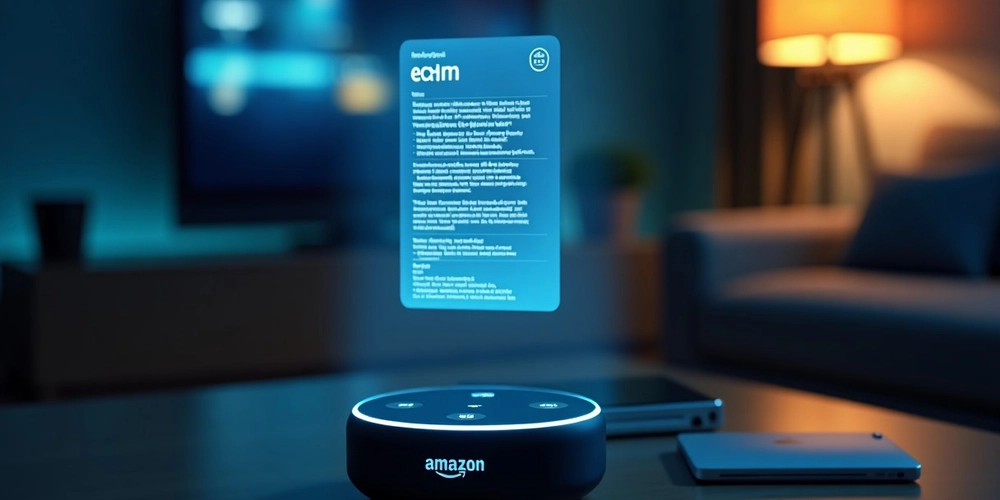How I Stay Consistent in Learning to Code (Without Burning Out)
Let’s be real — learning to code can be tough. You start out super motivated, binge tutorials, build your first button... and then a few days (or weeks) in, you're exhausted. The passion fades. Everything feels overwhelming. And suddenly, Netflix is looking real tempting. Yeah, I’ve been there. The good news? It doesn’t have to be that way. You can stay consistent, make real progress, and still have a life — no burnout required. Here's how I manage to keep going (and actually enjoy it) on my own coding journey. 1. Keep Your Goals Simple and Honest Don’t try to conquer JavaScript, React, and Next.js all in one week. That’s the fastest way to crash. Instead, break things down: Today: Learn how querySelector works Tomorrow: Try building a mini calculator Weekend: Refactor something old Tiny wins add up. And they feel good. You’ll be surprised how much progress you make over a month just by doing 30–60 minutes a day. 2. Find a Rhythm That Works for *You* You don’t have to code every single day to succeed — you just need consistency. Some people wake up and code before breakfast. Others are night owls. I’ve even met folks who only code on weekends and still crush it. Try this: Pick a time that feels doable and stick with it. It’s not about hustling harder — it’s about building a rhythm. 3. Take Guilt-Free Breaks If you're tired, rest. Seriously. Take the break. Walk away. Go outside. Watch something silly. Burnout sneaks in when we ignore how we feel. I use the Pomodoro Technique a lot — 25 minutes of focus, 5 minutes off. It keeps my brain fresh without frying it. 4. Make Stuff You Actually Care About Let’s be honest — another to-do list app probably isn’t sparking joy. Instead, build stuff you want: A blog where you document your coding journey A quote generator with your favorite anime lines A site that tracks your reading list When you’re excited about the project, you’ll want to show up every day. 5. Talk to Other Coders Learning alone is hard. That’s why communities matter. I hang out a lot on X (@e_opore) — it’s full of devs sharing projects, asking questions, and just being real about the journey. Don’t be shy. Post your progress. Ask for help. Cheer on others. It makes a huge difference. 6. Rest is Productive, Too Taking a day off isn’t laziness — it’s strategy. Rest gives your brain space to absorb what you've learned. I try to take one full day a week where I don’t touch code. And guess what? I come back sharper. Your brain is your tool. Take care of it. 7. Use Resources That Actually Help (Not Overwhelm) Don’t fall into the “10 tabs open, no progress made” trap. Pick one good tutorial, ebook, or course. Focus on it. Go slow. Apply what you learn before jumping to the next thing. If you’re looking for no-fluff resources made by a fellow learner and teacher, check out my ebooks: codewithdhanian.gumroad.com Packed with real-world examples, project ideas, and step-by-step guides. 8. Celebrate Your Progress Did you finally figure out flexbox? That’s a win. Built your first navbar? Celebrate it. Posted your code online? High five yourself. Every small step counts. Don’t wait until you’re “good enough” to be proud — you already are. Final Words Staying consistent in coding doesn’t mean coding 10 hours a day. It means showing up, even just a little, with intention. Learn at your pace. Build what you love. Rest when needed. You’re not falling behind — you’re just finding your flow. Let’s connect! Follow me on X: @e_opore Explore my coding ebooks and resources: codewithdhanian.gumroad.com
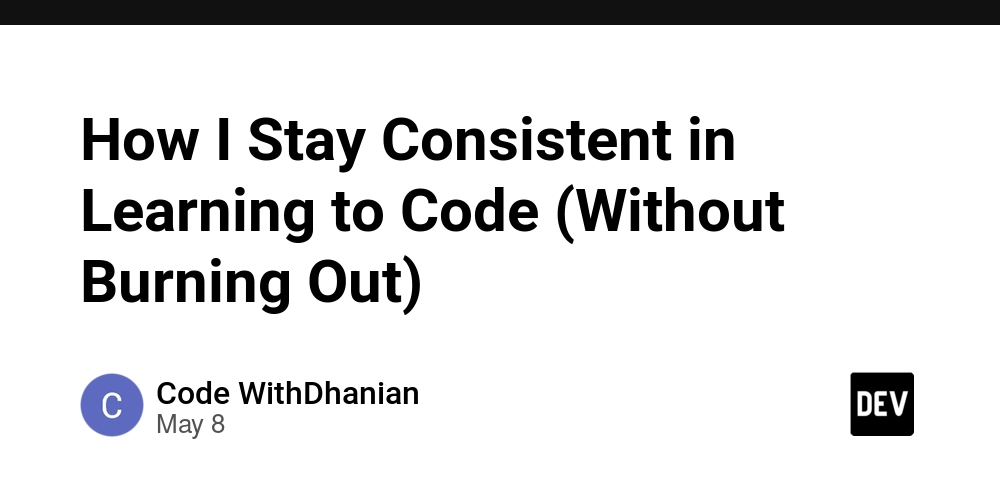
Let’s be real — learning to code can be tough. You start out super motivated, binge tutorials, build your first button... and then a few days (or weeks) in, you're exhausted. The passion fades. Everything feels overwhelming. And suddenly, Netflix is looking real tempting.
Yeah, I’ve been there.
The good news? It doesn’t have to be that way. You can stay consistent, make real progress, and still have a life — no burnout required. Here's how I manage to keep going (and actually enjoy it) on my own coding journey.
1. Keep Your Goals Simple and Honest
Don’t try to conquer JavaScript, React, and Next.js all in one week. That’s the fastest way to crash.
Instead, break things down:
- Today: Learn how
querySelectorworks - Tomorrow: Try building a mini calculator
- Weekend: Refactor something old
Tiny wins add up. And they feel good. You’ll be surprised how much progress you make over a month just by doing 30–60 minutes a day.
2. Find a Rhythm That Works for *You*
You don’t have to code every single day to succeed — you just need consistency.
Some people wake up and code before breakfast. Others are night owls. I’ve even met folks who only code on weekends and still crush it.
Try this: Pick a time that feels doable and stick with it. It’s not about hustling harder — it’s about building a rhythm.
3. Take Guilt-Free Breaks
If you're tired, rest.
Seriously. Take the break. Walk away. Go outside. Watch something silly.
Burnout sneaks in when we ignore how we feel. I use the Pomodoro Technique a lot — 25 minutes of focus, 5 minutes off. It keeps my brain fresh without frying it.
4. Make Stuff You Actually Care About
Let’s be honest — another to-do list app probably isn’t sparking joy.
Instead, build stuff you want:
- A blog where you document your coding journey
- A quote generator with your favorite anime lines
- A site that tracks your reading list
When you’re excited about the project, you’ll want to show up every day.
5. Talk to Other Coders
Learning alone is hard. That’s why communities matter.
I hang out a lot on X (@e_opore) — it’s full of devs sharing projects, asking questions, and just being real about the journey.
Don’t be shy. Post your progress. Ask for help. Cheer on others. It makes a huge difference.
6. Rest is Productive, Too
Taking a day off isn’t laziness — it’s strategy.
Rest gives your brain space to absorb what you've learned. I try to take one full day a week where I don’t touch code. And guess what? I come back sharper.
Your brain is your tool. Take care of it.
7. Use Resources That Actually Help (Not Overwhelm)
Don’t fall into the “10 tabs open, no progress made” trap.
Pick one good tutorial, ebook, or course. Focus on it. Go slow. Apply what you learn before jumping to the next thing.
If you’re looking for no-fluff resources made by a fellow learner and teacher, check out my ebooks:
codewithdhanian.gumroad.com
Packed with real-world examples, project ideas, and step-by-step guides.
8. Celebrate Your Progress
Did you finally figure out flexbox? That’s a win.
Built your first navbar? Celebrate it.
Posted your code online? High five yourself.
Every small step counts. Don’t wait until you’re “good enough” to be proud — you already are.
Final Words
Staying consistent in coding doesn’t mean coding 10 hours a day. It means showing up, even just a little, with intention. Learn at your pace. Build what you love. Rest when needed.
You’re not falling behind — you’re just finding your flow.
Let’s connect!
Follow me on X: @e_opore
Explore my coding ebooks and resources: codewithdhanian.gumroad.com
















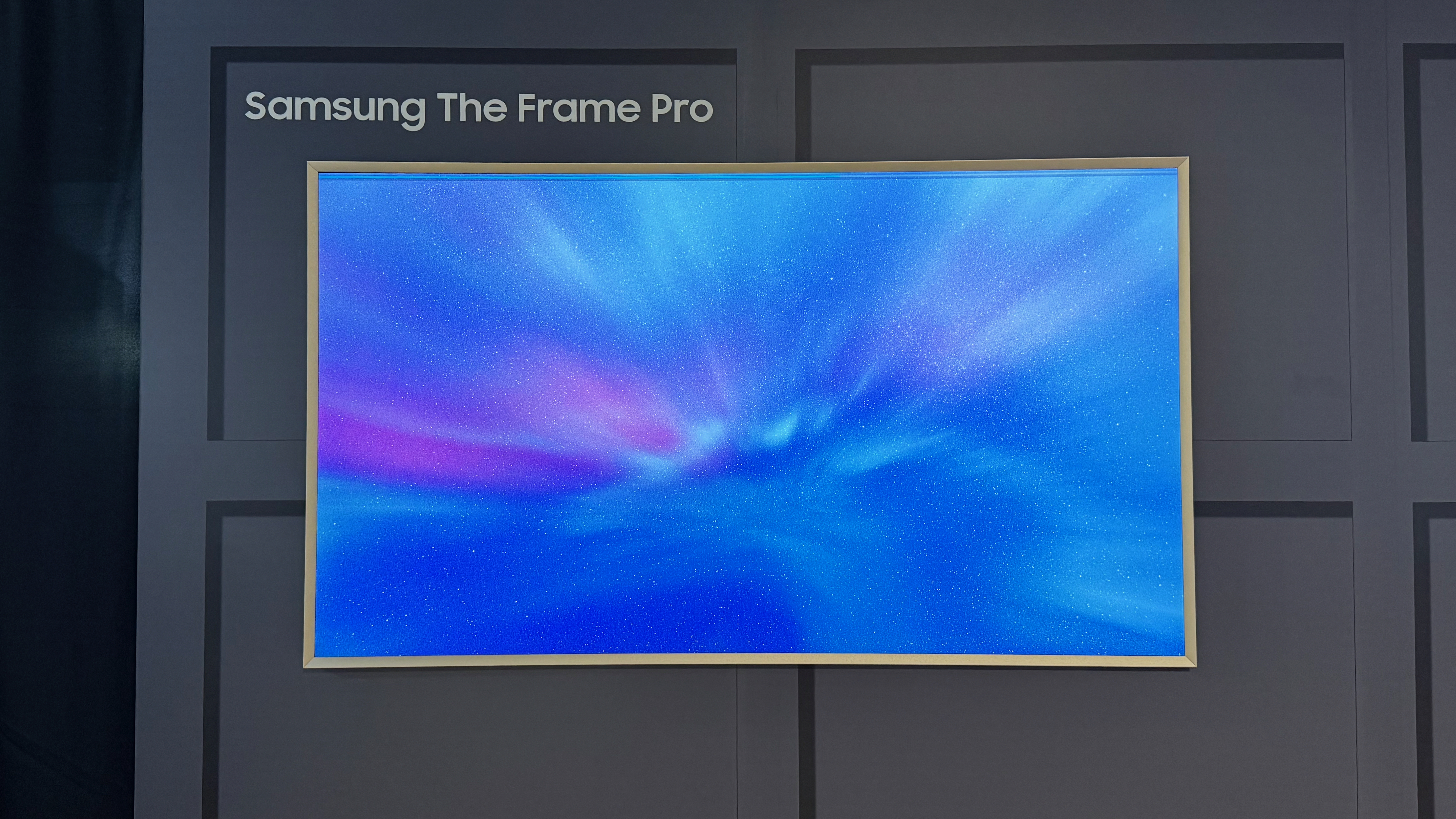








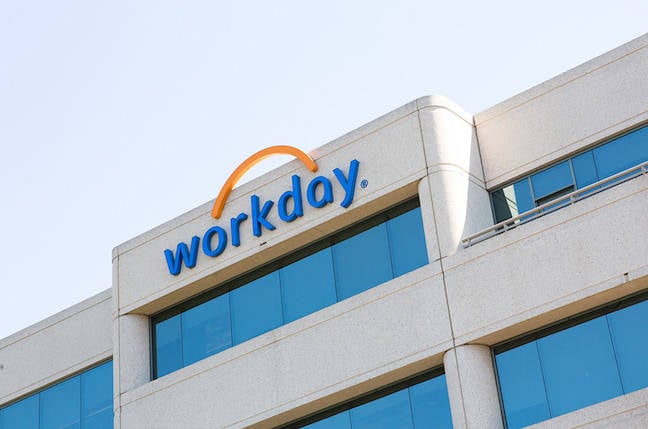























































































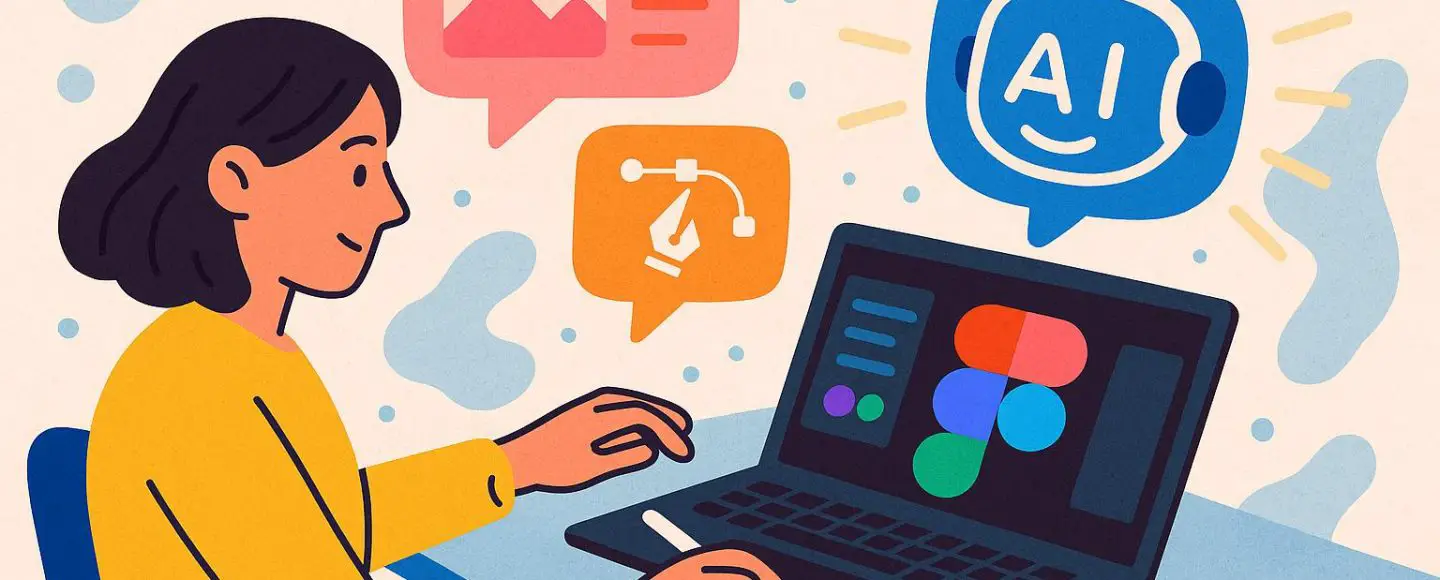























































![[The AI Show Episode 146]: Rise of “AI-First” Companies, AI Job Disruption, GPT-4o Update Gets Rolled Back, How Big Consulting Firms Use AI, and Meta AI App](https://www.marketingaiinstitute.com/hubfs/ep%20146%20cover.png)








































































































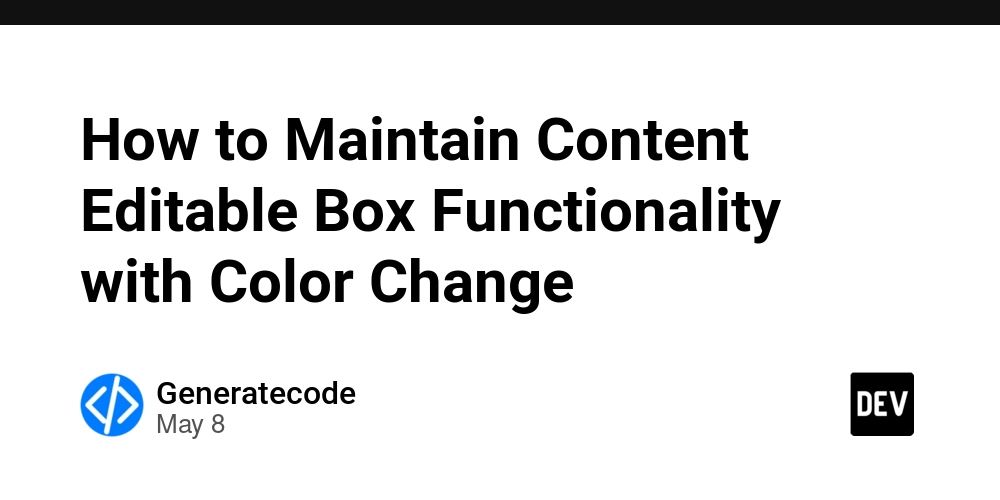
















![[DEALS] The Premium Python Programming PCEP Certification Prep Bundle (67% off) & Other Deals Up To 98% Off – Offers End Soon!](https://www.javacodegeeks.com/wp-content/uploads/2012/12/jcg-logo.jpg)














































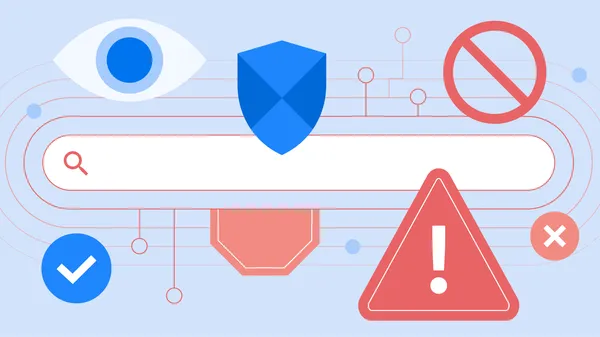

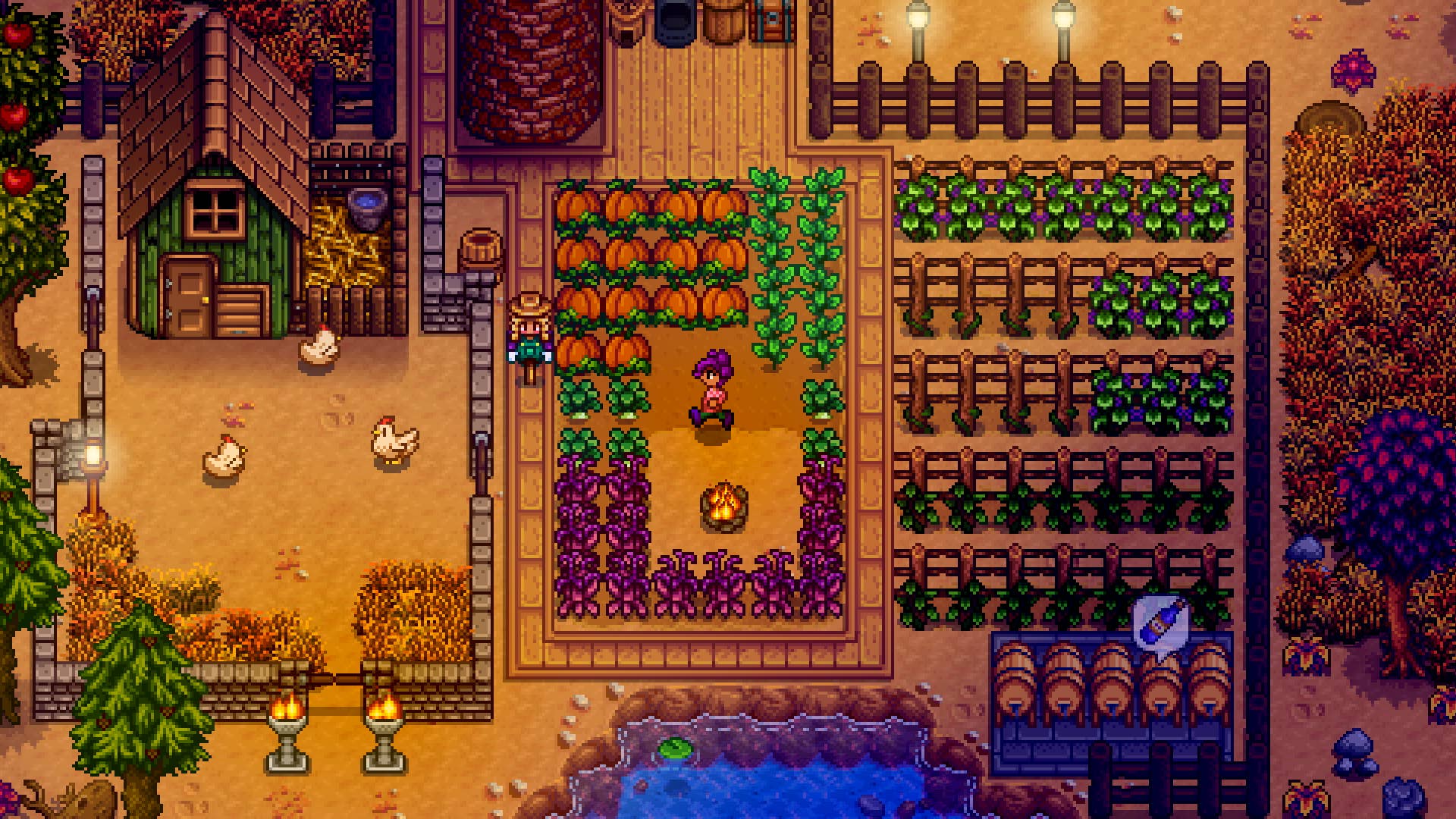



































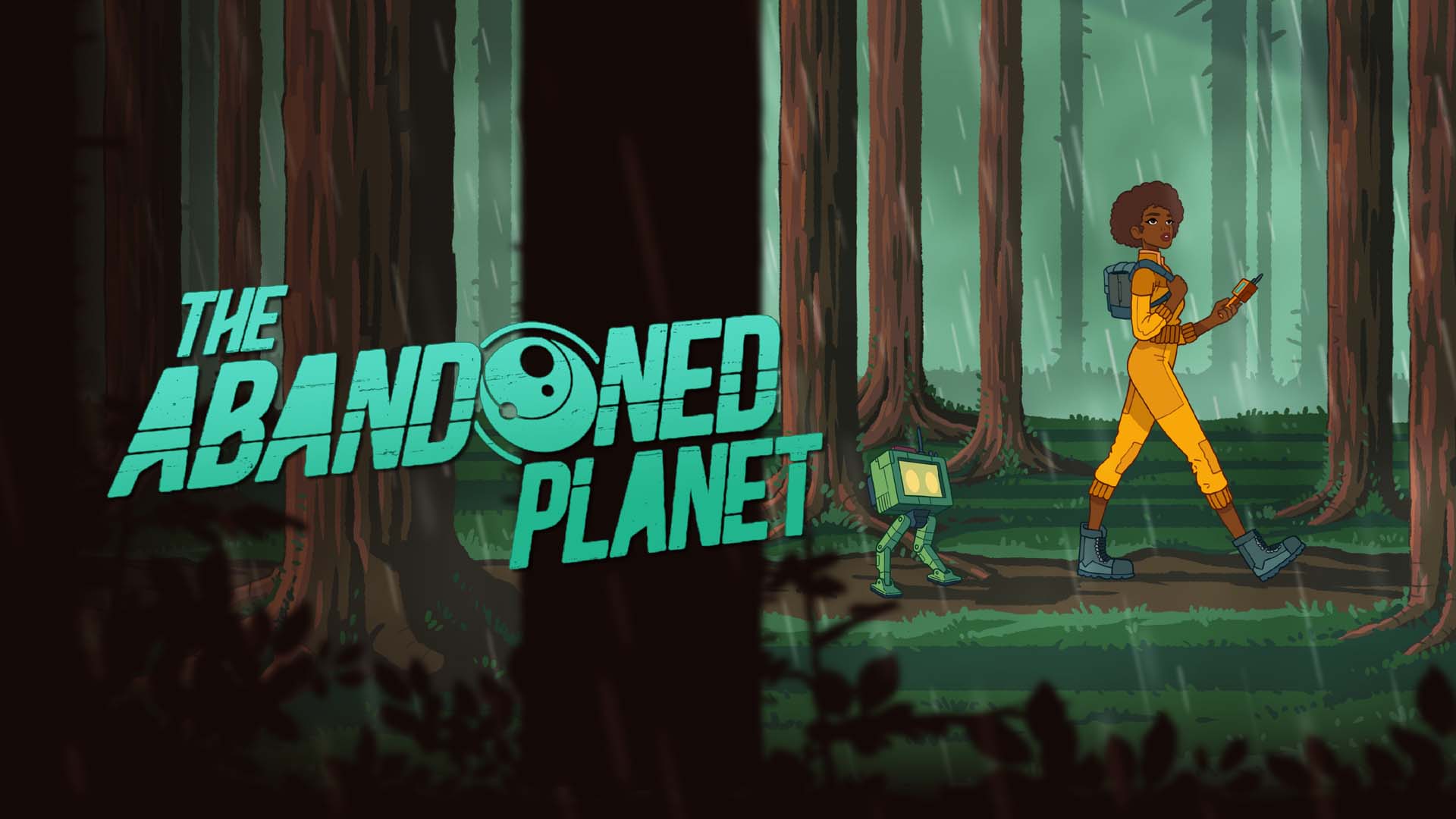












































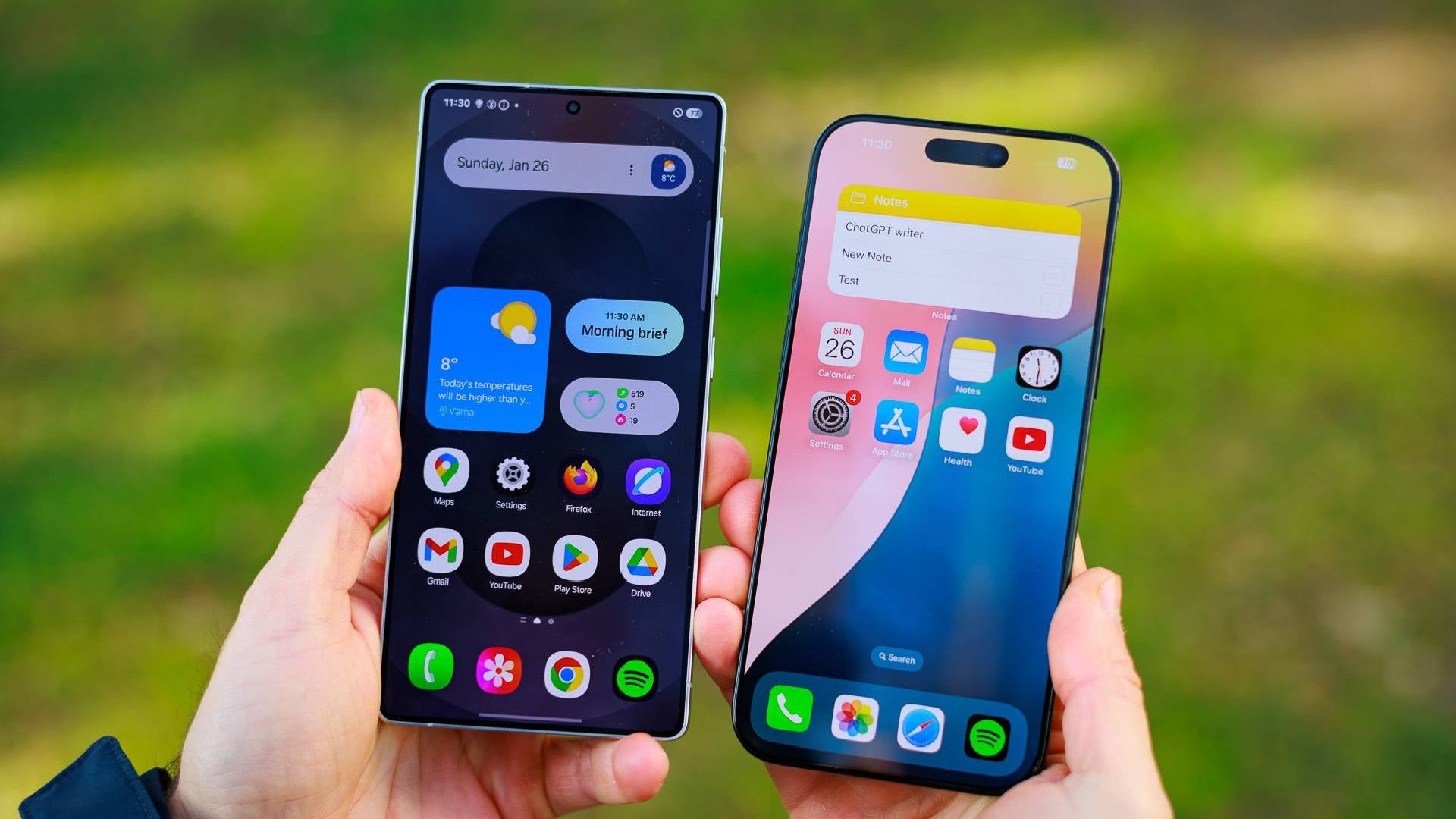













_Aleksey_Funtap_Alamy.jpg?width=1280&auto=webp&quality=80&disable=upscale#)
_Sergey_Tarasov_Alamy.jpg?width=1280&auto=webp&quality=80&disable=upscale#)
























































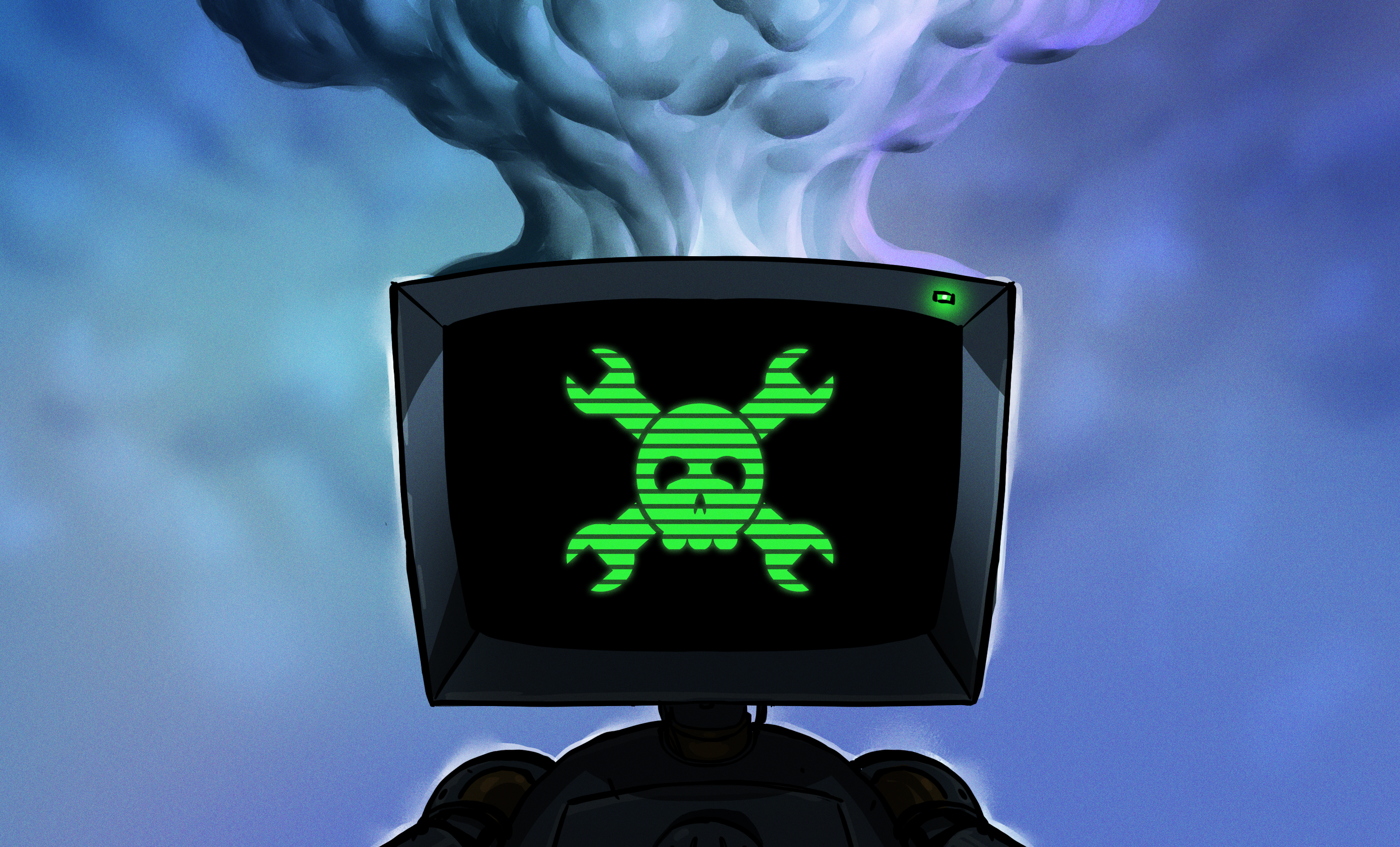
















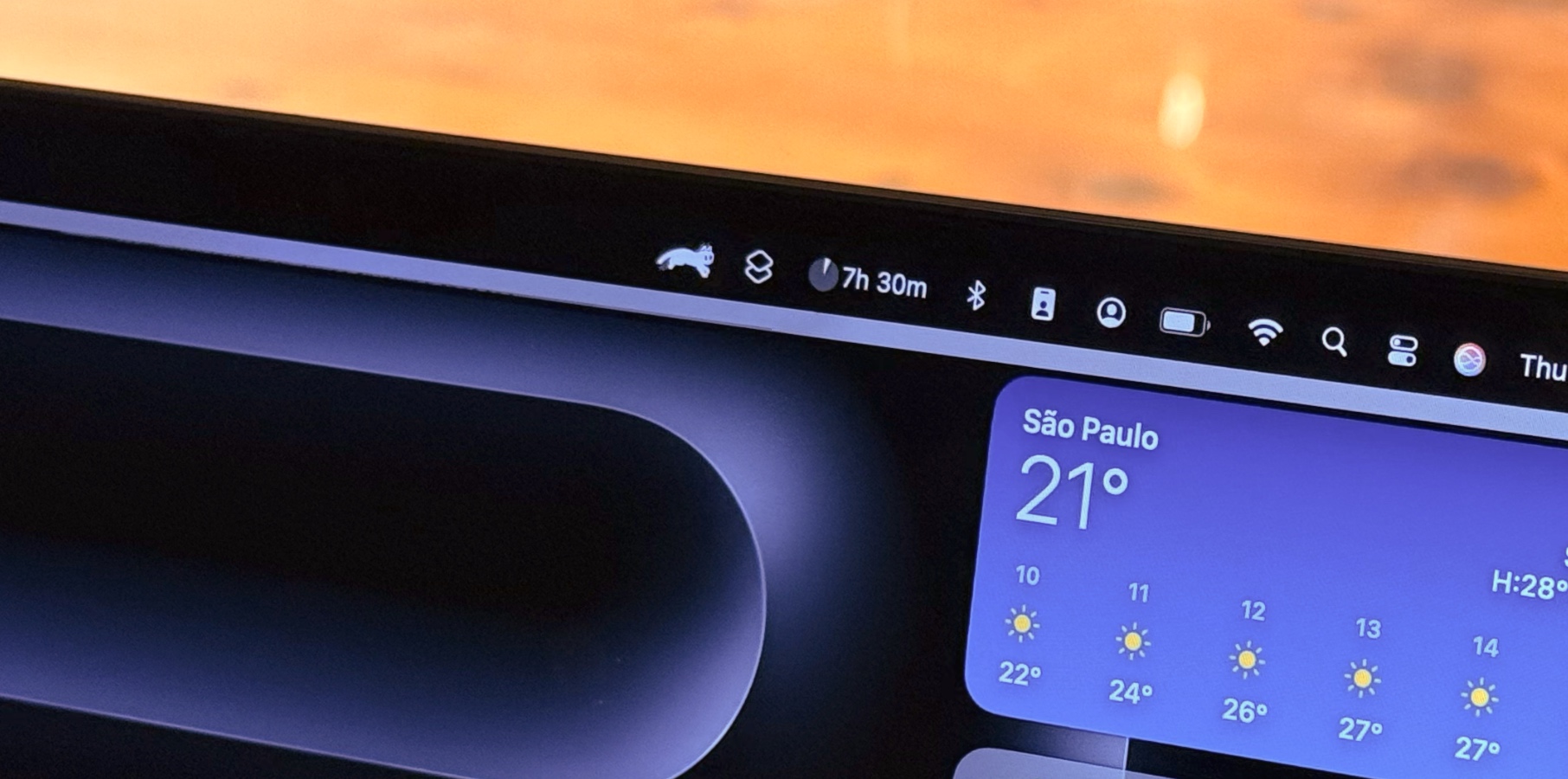











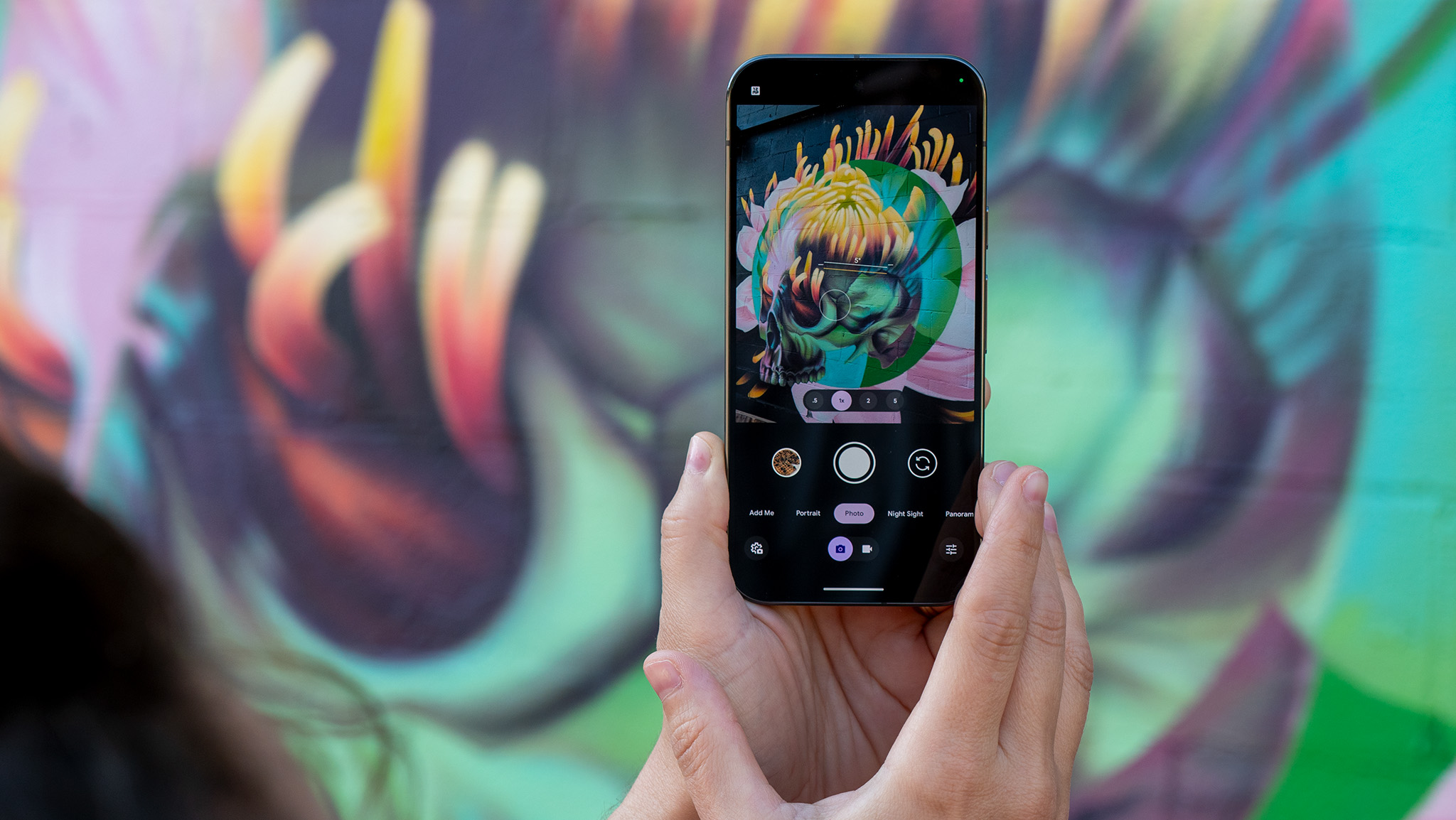
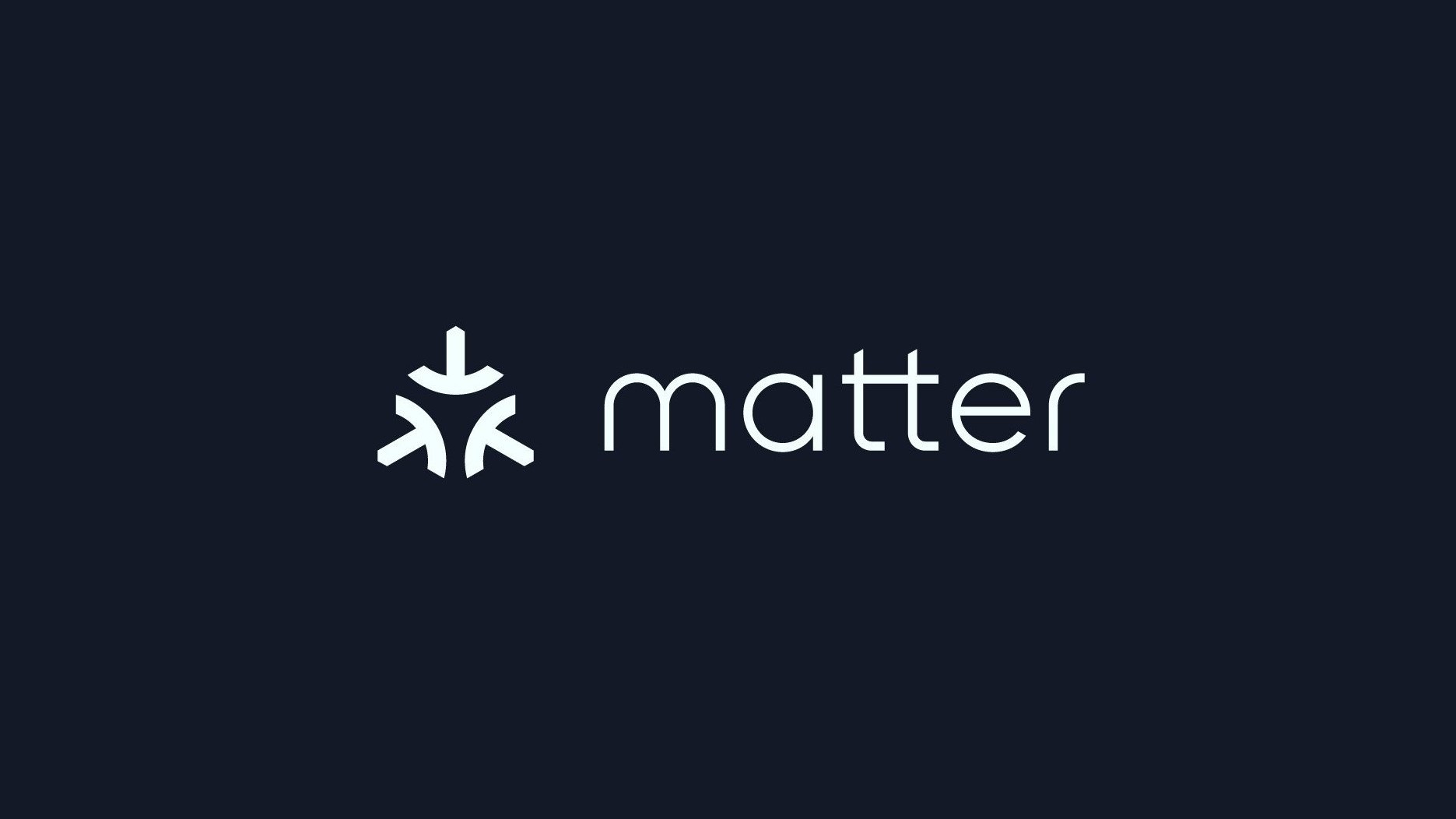
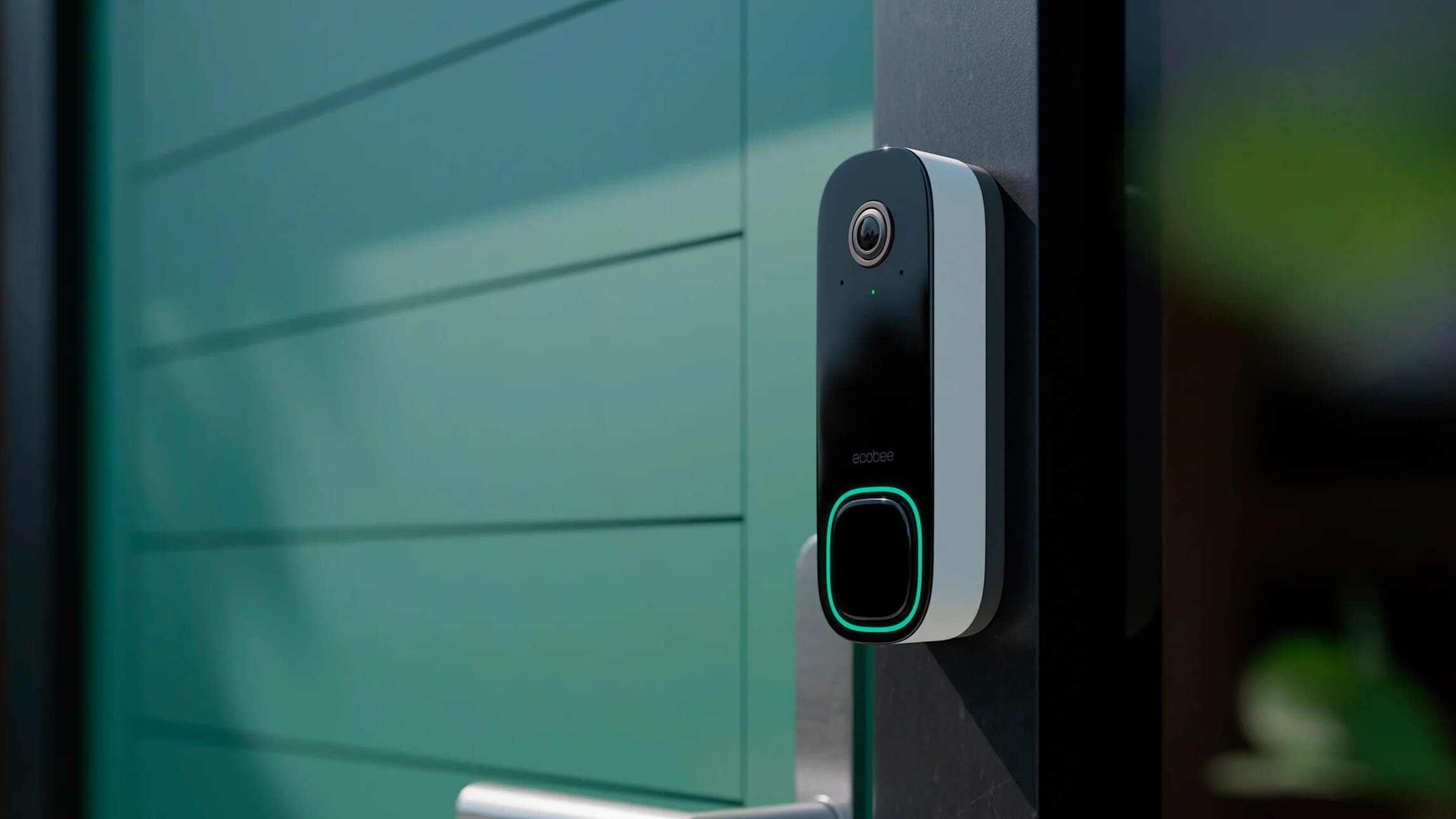





















![Apple Foldable iPhone to Feature New Display Tech, 19% Thinner Panel [Rumor]](https://www.iclarified.com/images/news/97271/97271/97271-640.jpg)
![Apple Developing New Chips for Smart Glasses, Macs, AI Servers [Report]](https://www.iclarified.com/images/news/97269/97269/97269-640.jpg)
![Apple Shares New Mother's Day Ad: 'A Gift for Mom' [Video]](https://www.iclarified.com/images/news/97267/97267/97267-640.jpg)
![Apple Shares Official Trailer for 'Stick' Starring Owen Wilson [Video]](https://www.iclarified.com/images/news/97264/97264/97264-640.jpg)
















